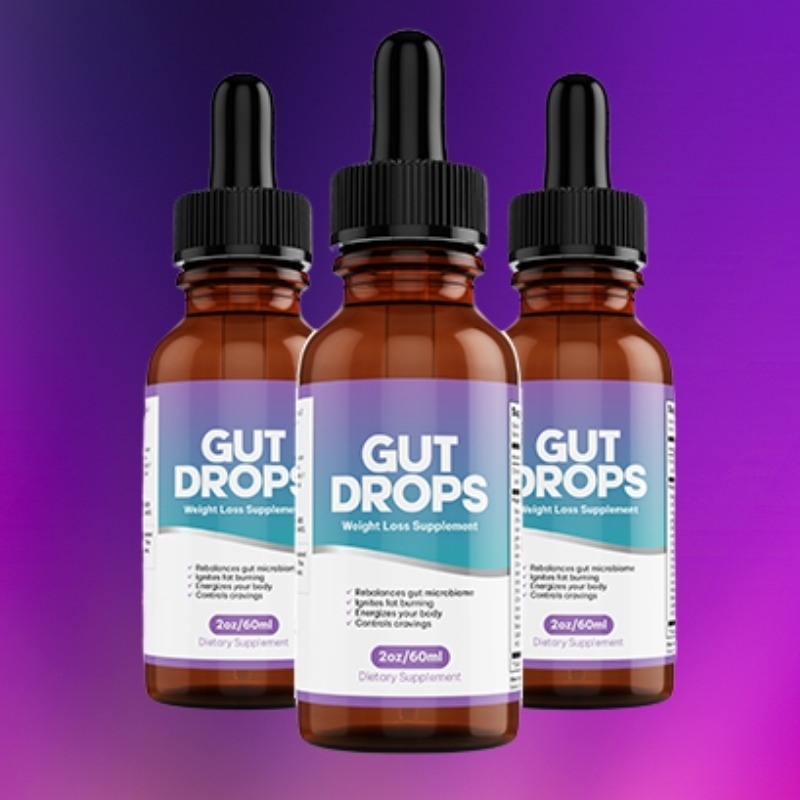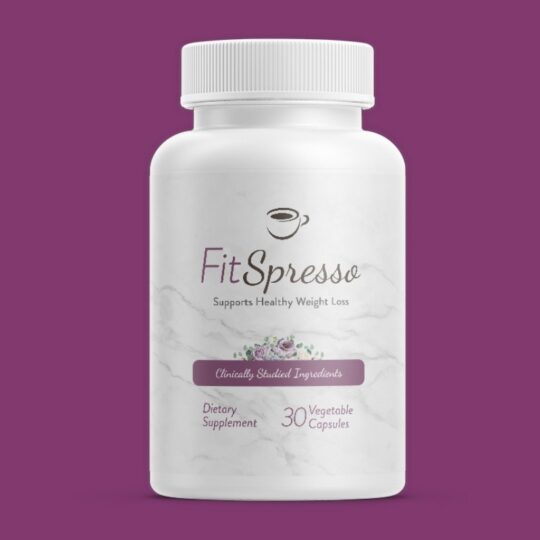Original price was: $79.00.$49.00Current price is: $49.00.
Unlock your weight loss potential with the Dr. Emma Clark Pumpkin Seed Recipe! This unique, science-backed remedy combines the power of pumpkin seeds with a simple, effective approach to help you shed those extra pounds. Designed for busy individuals seeking a natural solution, this easy-to-follow recipe promotes healthy metabolism and supports your weight management journey. Say goodbye to fad diets and hello to a sustainable lifestyle change! Perfect for anyone looking to transform their body and boost confidence, the Dr. Emma Clark Pumpkin Seed Recipe is your go-to solution for achieving real results. Embrace a healthier you today!
Description
In recent months, a viral story has circulated across wellness blogs and social media platforms about a so-called Dr. Emma Clark Pumpkin Seed Recipe—an allegedly revolutionary natural remedy aimed at purging parasites, boosting gut health, and reversing various chronic symptoms. This story has been both lauded and criticized, drawing attention not only from curious consumers but also from professional integrative medicine practitioners.
At first glance, the story appears to stem from a heartfelt clinical breakthrough—where a parasitologist named Dr. Emma Clark is said to have devised a simple pumpkin seed smoothie that reportedly led to the excretion of dozens of parasites in an elderly patient. The tale concludes by introducing a commercial product, typically Gut Drops, claiming it embodies the same principles of the original recipe but in a more convenient, optimized formula.
As a chronic disease treatment center grounded in science, we believe in rigorous scrutiny of all emerging health solutions. This article dissects the claims behind the Emma Clark narrative, examines the science of pumpkin seeds in gut health, and evaluates how Gut Drops may (or may not) support a legitimate integrative approach to chronic disease care—without making unrealistic promises or endorsing internet scams.
The Viral Dr. Emma Clark Pumpkin Seed Story: Real or Fabricated?
The now-viral story reads more like a wellness marketing parable than a peer-reviewed medical case study. No credible academic or clinical record of Dr. Emma Clark appears in parasitology or gastrointestinal health journals. The original tale—featuring a dramatic case of elderly parasite purging—has been posted across promotional blogs, such as MalwareTips.com, which have since flagged it as potentially deceptive advertising.
The story usually ends with a compelling offer for a “cleaner, easier, safer” alternative: Gut Drops—a supplement made with plant-based ingredients purported to replicate and enhance the effects of the pumpkin seed recipe. The marketing tactics blur the lines between education, anecdote, and outright persuasion.
As integrative medical practitioners, we find this concerning. However, that doesn't mean the concepts behind the claims—particularly the use of pumpkin seeds and herbal gut support—are entirely without merit. Let’s examine the science.
Pumpkin Seeds and Gut Health: What the Research Actually Says
Pumpkin seeds (Cucurbita pepo) have long been utilized in both traditional medicine and modern nutritional therapy for their rich nutrient profile. They are an excellent source of:
-
Zinc, which supports immune modulation
-
Magnesium, essential for neuromuscular function and digestion
-
Phytosterols, shown to lower inflammation
-
Cucurbitin, an amino acid with potential anti-parasitic properties
Anti-Parasitic Mechanism
The idea that pumpkin seeds can aid in expelling intestinal parasites isn’t new. In ethnobotanical medicine, they are traditionally ground and consumed with castor oil or milk to facilitate parasite removal. A few studies, including those in Journal of Ethnopharmacology, support their anti-helminthic effects—particularly against tapeworms and roundworms.
However, clinical efficacy requires large quantities and proper preparation. Consuming a few tablespoons of raw pumpkin seeds is unlikely to produce dramatic parasite purging in a healthy adult. In chronic disease treatment, we must avoid presenting folk remedies as miracle cures.
Introducing Gut Drops: What Are They and Do They Support Integrative Gut Health?
Gut Drops are typically presented as an herbal tonic or liquid supplement containing:
-
Pumpkin seed extract
-
Wormwood
-
Clove oil
-
Black walnut hull
-
Apple cider vinegar
-
Ginger or peppermint oil
-
Probiotic fermentates
This combination aligns with many botanical protocols for microbial balance, digestive function, and mild detoxification—which are important pillars of integrative chronic disease care.
How Gut Drops Could Support a Chronic Illness Protocol
While it is important to reject the overhyped marketing story behind the product, some components of Gut Drops do have legitimate therapeutic value when viewed through the lens of a chronic illness protocol:
1. Microbial Reset
Many chronic disease patients suffer from gut dysbiosis, a microbial imbalance that promotes systemic inflammation, autoimmunity, and neuroinflammation. The herbal components in Gut Drops—especially clove, wormwood, and black walnut—may help gently reset gut flora by reducing yeast and pathogenic overgrowths.
2. Digestive Enzyme Activation
Apple cider vinegar and ginger may stimulate the production of hydrochloric acid and bile, improving digestion and nutrient absorption—essential for patients with IBD, IBS, or chronic fatigue.
3. Parasitic Management
While less potent than pharmaceutical agents, wormwood and pumpkin seed extracts may offer a low-risk adjunctive support for patients suspected of harboring intestinal protozoa or helminths—especially when lab testing is inconclusive.
4. Inflammation Modulation
Many of the botanical extracts in Gut Drops contain polyphenols and anti-inflammatory compounds that may help reduce systemic low-grade inflammation, a common hallmark of metabolic syndrome and autoimmune disease.
Clinical Caveats: What to Watch Out For
As with any supplement in the chronic disease landscape, context is key. While Gut Drops may be a helpful tool in a broader plan, they are not a stand-alone cure and should never be marketed as such.
Here’s what we always emphasize to patients and practitioners alike:
-
Lab Testing Is Critical: Always rule out gut infections, parasites, food intolerances, and immune dysregulation through stool tests, organic acids, SIBO breath tests, and serum panels.
-
Supervision Is Essential: Botanical extracts can interact with medications, alter gut motility, or cause herxheimer reactions (temporary worsening of symptoms due to microbial die-off).
-
Cycle-Based Protocols Work Better: Gut Drops may be most effective when used in rotating botanical protocols (typically 10–14 days on, followed by breaks), alongside binders, fiber, and liver support.
Final Verdict: Is Dr. Emma Clark’s Pumpkin Seed Story a Scam?
While the story itself lacks credibility, the science behind its core premise—that pumpkin seeds and other botanicals can support gut health—is valid in the right context. The problem lies in oversimplification, exaggerated anecdotal claims, and commercial manipulation.
Gut Drops, when used thoughtfully under clinical guidance, can play a supportive role in the treatment of chronic diseases, especially when gut health is a root contributor. However, no single supplement replaces the need for a comprehensive, integrative, and evidence-based chronic care strategy.
A Responsible Integrative Approach
At our science-based chronic disease treatment center, we support customized treatment plans that combine:
-
Advanced lab diagnostics
-
Nutritional therapy
-
Detoxification pathways
-
Microbiome restoration
-
Stress reduction
-
Targeted supplementation
In this framework, a supplement like Gut Drops—derived from traditional medicine but refined through modern formulation—may enhance outcomes for select patients suffering from gut-mediated systemic disease.
But it is never a silver bullet. It is only one tool among many.
Conclusion
The Dr. Emma Clark Pumpkin Seed Recipe may be a piece of viral marketing fiction, but it points to a growing recognition of the gut’s central role in chronic illness. While the product it promotes—Gut Drops—should not be accepted uncritically, it does contain several botanicals with credible scientific backing for supporting digestive and immune health.
In summary, we believe in a measured, evidence-informed, and patient-centered approach—one that respects both tradition and science, avoids hype, and always seeks long-term wellness rather than instant fixes.
If you’re dealing with a chronic illness and suspect that gut dysfunction, parasites, or microbial imbalance may be a contributing factor, work with a qualified integrative medicine provider. Only then can tools like Gut Drops be used safely and effectively in your healing journey.





